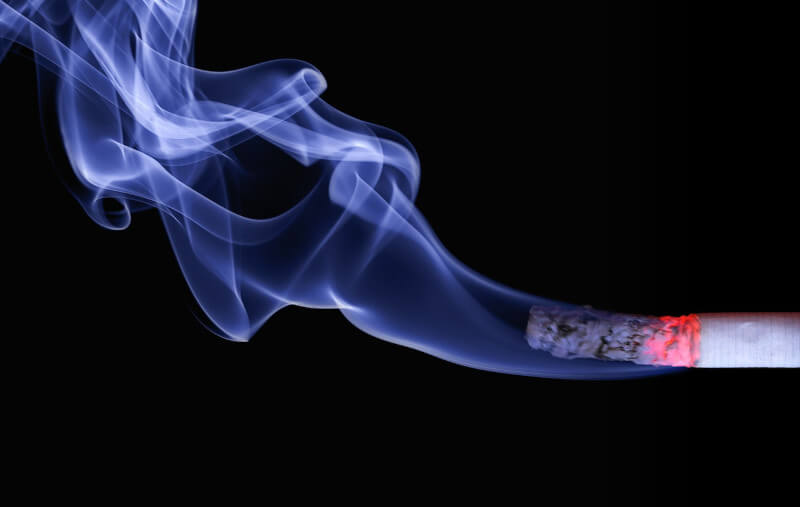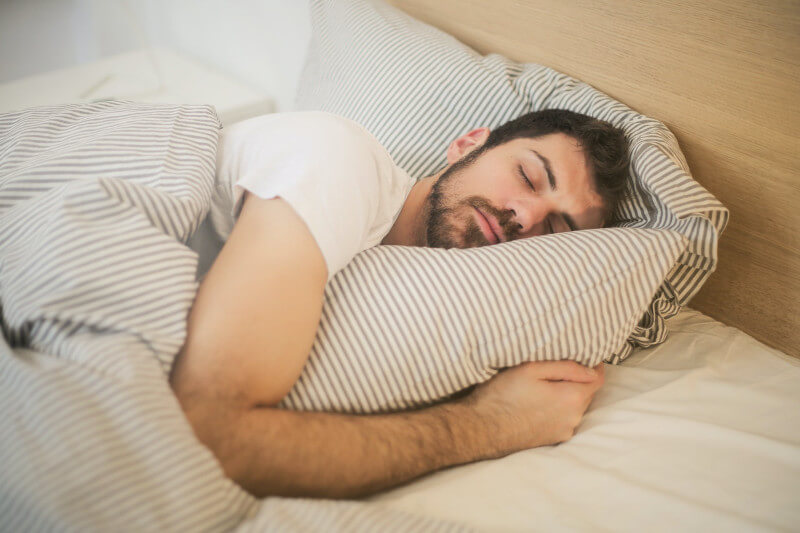It’s normal to feel some anxiety from time to time. It’s an inevitable consequence of living in such a hectic world. However, anxiety isn’t always a bad thing. It raises your awareness of potential threats, encourages you to maintain your organization and readiness, and assists you in calculating the risks you face. Nevertheless, it is time to take action before the anxiety becomes unmanageable when it becomes a daily occurrence. Your life’s quality may suffer significantly if you do nothing to address your anxiety. Take charge by putting the following suggestions into action.
What Exactly is Anxiety?
Anxiety is a normal response that your body has when it is under a lot of pressure. Researchers believe that several factors, including genetics, environmental factors, and the chemical makeup of the brain, could all play a role in the development of this sensation of fear or worry. The following are some common manifestations of anxiety:
- The accelerated rate of heartbeat
- A quick breathing rate
- Restlessness
- Trouble concentrating
Having said that, it is essential to keep in mind that the symptoms of anxiety can manifest themselves in a variety of ways for different individuals. While one person may feel as though they have butterflies in their stomach, another may have panic attacks, night terrors, or thoughts that are excruciatingly painful. Having said that, there is a distinction to be made between the anxiety that people experience daily and the more severe anxiety disorders. It is normal to experience feelings of anxiety when confronted with novel or stressful situations; however, if these feelings become unmanageable or excessive and begin to impair your quality of life, you may be suffering from an anxiety disorder.
The following are examples of anxiety disorders:
- Panic disorder
- Post-traumatic stress disorder (PTSD)
- Obsessive-compulsive disorder (OCD)
- Illnesses and phobias related to anxiety Separation anxiety
- Disorder of anxiety that is generalized (GAD)
- The disorder of social anxiety
How Can I Get Rid of My Anxious Feelings?
Many different approaches can be taken to treat anxiety. Cognitive behavioral therapy (CBT), which helps individuals cope with anxiety by providing them with tools they can use when they feel it coming on, is one of the common treatment options. There are also certain pharmaceuticals, such as antidepressants and sedatives, that can help restore chemical equilibrium in the brain and stop anxiety attacks before they start. They might even prevent the most severe symptoms from occurring. There are both small and significant things that you can do to help combat anxiety, which you can do if you want to take a more natural approach.
You can make changes to habits such as your eating, exercising, and sleeping routines. You could also try your hand at something completely different, such as aromatherapy or meditation. There is a natural method that can help relieve anxiety for everyone, regardless of the demands that your lifestyle places on you.
Keep Your Body Moving

Exercise is beneficial to your mental health as well as to your physical health, and regular exercise can be of great assistance in this regard. According to a reliable source’s research, individuals with anxiety disorders who reported engaging in a significant amount of physical activity had a lower risk of developing additional anxiety symptoms. There is a wide range of possible explanations for this. Your attention can be diverted away from the source of your anxiety if you engage in physical activity. Increasing your heart rate can also alter the chemical makeup of your brain, making more room for the neurochemicals that help fight anxiety, such as:
- Engaging in consistent physical activity results in an increase in both concentration and willpower, which in turn can alleviate certain symptoms of anxiety.
- The form of physical activity that one chooses to engage in is more of a matter of individual preference. If you want to get your heart rate up quickly and effectively, your best bet is to take a HIIT class (high-intensity interval training) or go for a run.
- Pilates and yoga are two forms of exercise that are beneficial to mental health. However, if you are looking, to begin with, for something that has a little less of an impact on your body, other forms of exercise may be just as effective.
Stay Away From Alcoholic Beverages
Since alcohol is a natural sedative, drinking it could initially make the situation seem less stressful. On the other hand, research suggests that there is a connection between anxiety and drinking alcohol, with anxiety disorders and alcohol use disorder (AUD) occurring hand in hand with one another. Consuming large amounts of alcohol can disrupt the normal balance of neurotransmitters, which is an important factor in maintaining good mental health.
Because of this interference, there is a disruption in the system, which may result in certain symptoms of anxiety. In the early stages of sobriety, you might experience a temporary increase in anxiety, but over time, it might get better. It has also been demonstrated that drinking alcohol interferes with the body’s natural sleep cycle by disrupting the homeostasis of sleep. A restful night’s sleep is also of great assistance in the fight against anxiety, as we will discuss in more detail later.
Give Serious Consideration to Giving Up Smoking

When under pressure, smokers frequently reach for a cigarette to calm their nerves. On the other hand, taking a drag on a cigarette or having a drink when you’re anxious is a temporary solution that can make your anxiety much worse in the long run. According to the findings of some studies, the earlier in life that one begins smoking, the greater the likelihood that one will eventually develop an anxiety disorder. According to research, the pathways in the brain that are associated with anxiety can be altered by nicotine and other chemicals found in cigarette smoke.
If you are interested in giving up smoking, there are a variety of approaches you can take to get started. The Centers for Disease Control and Prevention (CDC), suggests finding an alternative to cigarettes that is less hazardous, such as toothpicks. You can also engage in activities that are likely to divert your attention to cultivate an atmosphere that supports your goal of leading a smoke-free life. In addition, you can make a strategy with a support system that can offer anything from encouragement to diversions to help you achieve your goals.
Restriction of Your Caffeine Intake
Caffeine is not on your side if you have anxiety that persists over time. If you already suffer from anxiety, drinking caffeine may make your symptoms worsen, as it is known to produce jitters and nervousness. According to the findings of some studies, caffeine may either cause or exacerbate anxiety disorders. People who already suffer from panic disorder are more likely to have attacked if they consume it. Eliminating caffeine from the diet of some people may result in a significant improvement in anxiety symptoms.
Because caffeine can alter the chemistry in the brain in a similar way that alcohol does, it is commonly associated with anxiety. In light of all of this, it should come as no surprise that most people can consume a safe amount of caffeine in moderation. If, on the other hand, you want to minimize your caffeine consumption or eliminate it, you should begin by gradually cutting back on the amount of coffee or tea you consume daily.
To quench your thirst, you should start substituting these drinks with water. This will not only fulfill the requirement that your body has for drinking a liquid, but it will help remove caffeine from your system and keep you from becoming dehydrated. If you cut back on your caffeine consumption gradually over a few weeks, you can assist your body to adjust to the habit without putting it through withdrawal.
Make Getting a Good Night’s Sleep a Top Priority

Repeated studies have shown that getting enough sleep is an essential component of maintaining good mental health. You can give sleep more importance by doing the following:
- You shouldn’t be reading or watching television in bed
- You shouldn’t be using your phone, tablet, or computer in bed
- You shouldn’t be tossing and turning in your bed or going to another room
- If you can’t sleep you should avoid caffeine, large meals, and nicotine before bedtime
- You should keep your room dark and cool
- You should write down your concerns before heading to bed
- You should go to sleep at the same time every night.
Make Time to Meditate and Become More Mindful
One of the primary objectives of meditation is to achieve complete awareness of the here and now, which entails noticing all thoughts in a manner that is free of judgment. Increasing your capacity to mindfully tolerate any thoughts and feelings, can help you achieve a sense of peace and tranquility in your life.







